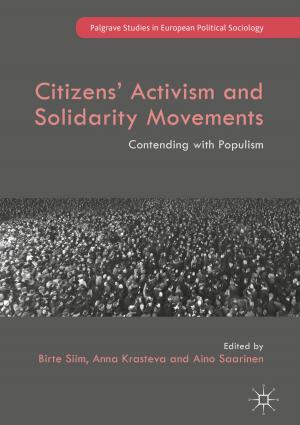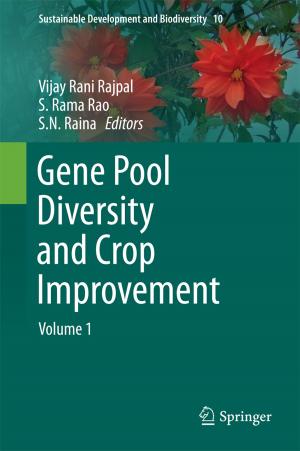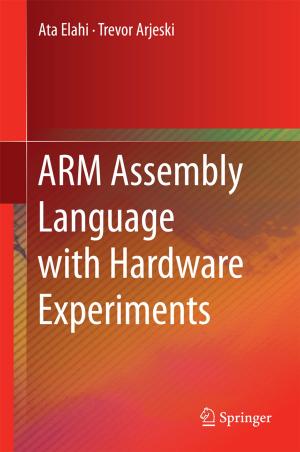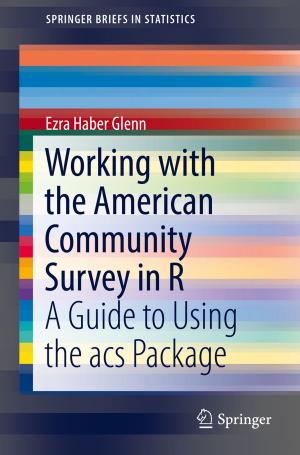Critical Voices in Science Education Research
Narratives of Hope and Struggle
Nonfiction, Science & Nature, Science, Other Sciences, Study & Teaching, Reference & Language, Education & Teaching, Educational Theory, Educational Psychology| Author: | ISBN: | 9783319999906 | |
| Publisher: | Springer International Publishing | Publication: | January 23, 2019 |
| Imprint: | Springer | Language: | English |
| Author: | |
| ISBN: | 9783319999906 |
| Publisher: | Springer International Publishing |
| Publication: | January 23, 2019 |
| Imprint: | Springer |
| Language: | English |
This book is a collection of narratives from a diverse array of science education researchers that elucidate some of the difficulties of becoming a science education researcher and/or science teacher educator, with the hope that through solidarity, commonality, and “telling the story”, justice-oriented science education researchers will feel more supported in their own journeys. Being a scholar and teacher that sees science education as a space for justice, and thinking/being different, entry into this disciplinary field often comes with tense moments and personal difficulties.
The chapter authors of this book break into many painful, awkward, and seemingly nebulous topics, including the intersectional nuances of what it means to be a researcher in the contexts of epistemic rigidness, white supremacy, and neoliberal restructuring. Of course these contexts become different depending on how teachers, students, and researchers are constituted within them (as racialized/sexed/gendered/disposable/valued subjects). We hope that within these narratives readers will identify with similar struggles in terms of what it means to desire to “do good in the world”, while facing subtle and not-so-subtle institutional, personal cultural, and political challenges.
This book is a collection of narratives from a diverse array of science education researchers that elucidate some of the difficulties of becoming a science education researcher and/or science teacher educator, with the hope that through solidarity, commonality, and “telling the story”, justice-oriented science education researchers will feel more supported in their own journeys. Being a scholar and teacher that sees science education as a space for justice, and thinking/being different, entry into this disciplinary field often comes with tense moments and personal difficulties.
The chapter authors of this book break into many painful, awkward, and seemingly nebulous topics, including the intersectional nuances of what it means to be a researcher in the contexts of epistemic rigidness, white supremacy, and neoliberal restructuring. Of course these contexts become different depending on how teachers, students, and researchers are constituted within them (as racialized/sexed/gendered/disposable/valued subjects). We hope that within these narratives readers will identify with similar struggles in terms of what it means to desire to “do good in the world”, while facing subtle and not-so-subtle institutional, personal cultural, and political challenges.















